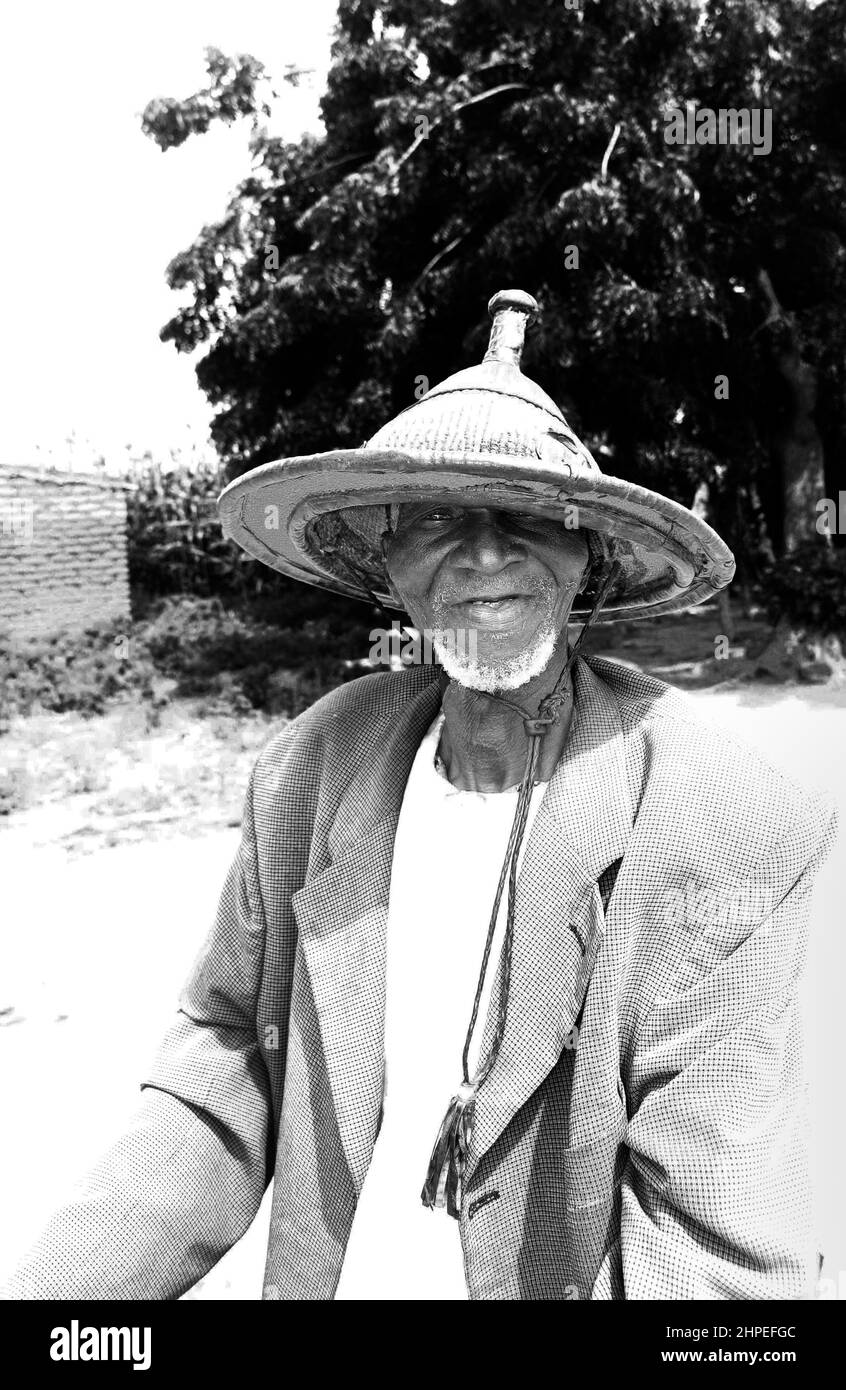Has Burkina Faso truly turned a corner? The recent abolition of the death penalty marks a significant, albeit hard-won, victory for human rights in the West African nation. This bold step, enshrined within a newly adopted penal code, signals a potential shift away from the shadow of state-sanctioned executions.
Burkina Faso, a landlocked country in West Africa, has endured a turbulent period marked by political instability and escalating violence. The nation has grappled with the complexities of a militant Islamist threat, exacerbated by two coups d'état within a nine-month span. This volatile environment has fostered widespread uncertainty, further compounded by a significant internal displacement crisis, one of the largest in Africa. Amidst this backdrop of conflict and instability, the abolition of the death penalty offers a glimmer of hope.
To fully understand the current situation, it is important to know more about the person leading the country, here is more detail about the person:
| Category | Details |
|---|---|
| Name | Ibrahim Traoré |
| Current Position | President of Burkina Faso |
| Date of Birth | 1988 |
| Education | Military Officer Training |
| Career Highlights |
|
| Professional Experience |
|
| Political Affiliation | Independent (Military) |
| Key Actions & Policies |
|
| Challenges |
|
| External Resources | Wikipedia - Ibrahim Traoré |
The decision to abolish capital punishment is a testament to the nation’s evolving legal and ethical landscape. This progressive measure aligns Burkina Faso with international human rights standards and reflects a growing commitment to the sanctity of life. The penal code, now devoid of the death penalty, underscores the government’s intention to move beyond the harsh realities of the past.
However, this victory arrives amidst a backdrop of formidable challenges. Burkina Faso is currently grappling with a complex web of issues, including a significant internal displacement crisis. According to reports, the country is facing one of the largest internal displacement crises in Africa. The internal displacement crisis is multifaceted, it is the result of persistent violence and instability, forcing countless individuals to flee their homes in search of safety. One particular example is the displacement from Lebda and Kamsé (Pissila commune, Sanmatenga province, Centre-Nord region) towards Koulogo (Kaya commune). This displacement adds strain on already stretched resources and complicates efforts to provide basic necessities such as food, shelter, and healthcare.
The coup that ousted Lieutenant Colonel Paul-Henri Sandaogo Damiba was justified, but the reality on the ground is much more complex. The coup leader, Ibrahim Traoré, cited the escalating militant Islamist threat as justification for seizing power. The nation now faces an escalating militant Islamist threat, with extremist groups extending their reach and influence. This security threat has profound implications for the country's stability and the safety of its citizens. The threat of terrorism and kidnapping has led to travel advisories from various governments, including a recommendation from the Canadian government to avoid all travel to Burkina Faso.
Furthermore, the nation’s development is also hindered by the ongoing crisis. Access to education and healthcare are compromised, impacting the human capital development of the nation. The humanitarian impact of the ongoing conflict necessitates urgent and coordinated interventions. The needs of the displaced populations, along with the challenges posed by the security situation, place immense pressure on the government and humanitarian organizations.
Burkina Faso's path forward is undoubtedly fraught with peril. The transition towards stability requires a multi-pronged approach that tackles both security and humanitarian needs. While the abolition of the death penalty offers a glimmer of hope, significant effort is still required to overcome the deep-rooted challenges facing the nation. The adoption of the new penal code, while commendable, is only one step toward building a more just and secure society.
Looking ahead, the international community has a crucial role to play. The global community must continue to support Burkina Faso's efforts to promote peace, stability, and respect for human rights. The index measures the amount of human capital that a child born today can expect to attain by age 18. Free and open access to global development data is crucial. By providing humanitarian assistance and technical support, the international community can help to bolster the nation’s resilience. The focus must be on fostering inclusive governance, addressing the root causes of conflict, and promoting sustainable development.
Burkina Faso's journey toward stability remains uncertain. The future will depend on the ability of the government to effectively address the challenges, on the commitment of the international community to provide support, and on the resilience of the Burkinabé people. The abolition of the death penalty is a step in the right direction, but it is only the beginning of a long and difficult road.



